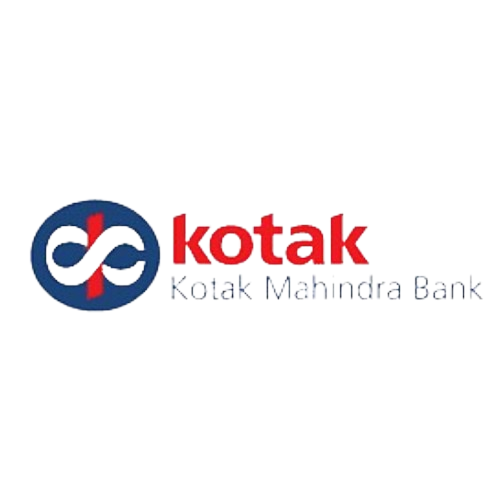Traditional Products
Traditional Products
Financial stability after retirement is a common financial goal. Well-planned retirement investments are crucial for financial freedom post retirement.
This article talks about various retirement investment options that can help reach your post-retirement goals. But, first, let us understand why planning for your retirement is necessary.
Your retirement is likely to last longer than you expect. With advances in medicine, life expectancy for both men and women is bound to increase. Moreover, the cost of living will also increase with time due to inflation. With retirement, your primary source of income stops and you have to rely on your savings and investments. With proper retirement investments, you can easily avoid financial crunches.

Traditional Life Insurance plans are known to provide multiple benefits like income return, risk cover, and tax benefits. They are insurance plans that cater to individuals with a low risk appetite. This article briefly explains the underlying factors of traditional life insurance and its inclusions.
Traditional Life Insurance, also known as whole life insurance, money back or endowment insurance, provides multiple benefits like risk cover, fixed income returns, safety and tax benefits. These are considered risk-free on account of their fixed returns in case of death or maturity of the term. This type of life insurance policies provides insurance coverage to the policy holder for his/her entire life. Unlike a term life insurance policy, this type of plan never runs out. In case of an inevitable death of the policy holder, the insurance pay-out is made to the policy’s beneficiaries.
- Whole Life Insurance - A life insurance policy that is guaranteed to remain in force for the insured's entire lifetime.
- Money-Back Policies - Provides life coverage during the term of the policy, and the maturity benefits are paid in instalments.
- Endowment Plans - Endowment Plans are a combination of insurance and investment. The insured will get a lump-sum along with bonuses on policy maturity or on death.
An individual should opt for a traditional life insurance policy under the following circumstances:
- Looking for a long term financial stability
- Looking for risk coverage and guaranteed returns on your premiums
- Continuous cash flow for predictable future life events like child’s education & marriage or your own retirement.
- Looking for higher tax saving instruments
Benefits of Traditional Life Insurance Plans
- As a traditional insurance policy works on the 90/10 rule in the industry, the insurance company can retain only 1/10 of the profits. The rest of it would be shared with the customers
- You get higher returns on investments
- It makes for a risk-free option, as the investment risk is entirely borne by the insurance company
- Traditional Insurance is closer to protection than ULIPs
- Traditional Insurance Plans offer built-in guaranteed benefits, leaving behind the chances of miss-selling
Types of Traditional Life Insurance Plans
- Term Insurance Plans
- ULIPs – Unit Linked Insurance Plans
- Endowment Insurance Plans
- Money Back Insurance Plans
- Whole Life Insurance Plans
- Child Insurance Plans
- Retirement Insurance Plans
Tax Benefits on Types of Life Insurance
Below are the tax benefits of different types of insurance in India:Section 80D
If your life insurance policy includes riders that are for medical purposes, such as critical illness rider, heart and cancer rider, then you can enjoy tax* benefits under Section 80D of The Income Tax Act, 1961. For individuals below 60 years, deductions for self, spouse and children amount to ₹ 25,000, while the same for parents is ₹ 25,000. This brings the total to ₹ 50,000 per annum. For individuals above 60 years, tax deductions for self, spouse and children amount to ₹ 50,000, while the same for parents is ₹ 50,000. This brings the total tax deduction to ₹ 1 lakh per annum under this section.
Section 80C
You can claim a deduction on the premiums paid under the policy. You are eligible for deduction of up to ₹ 1.5 lakh under Section 80C of The Income Tax Act, 1961.
Section 10(10D)
Any proceeds received, which can include sum assured, surrender values, and bonuses, by the policyholder or nominee of an insurance policy, enjoy exemption subject to conditions laid under Section 10(10D) of The Income Tax, 1961.





